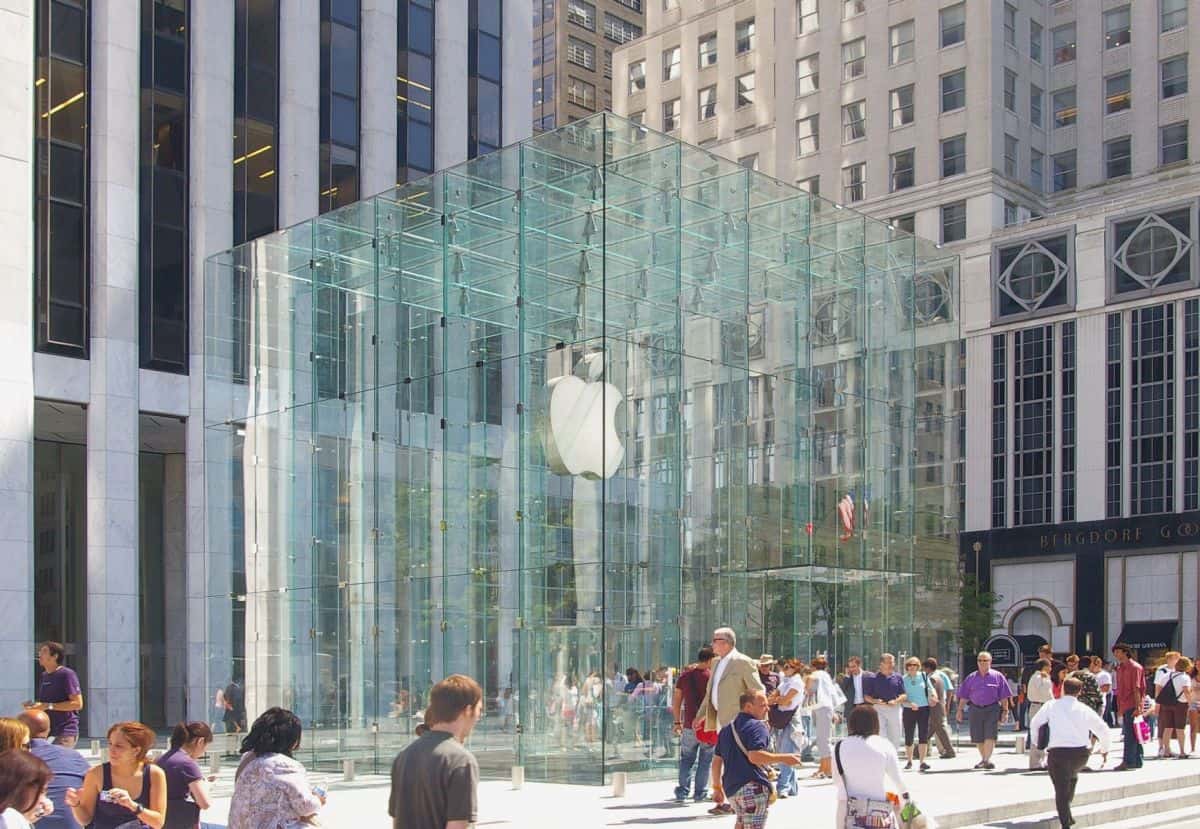
Kevin Vazquez is a staff attorney at the International Brotherhood of Teamsters. He graduated from Harvard Law School in 2023. The opinions he expresses on this blog are his own and should not be attributed to the IBT.
This weekend, the Starbucks unionization wildfire continued to blaze across the country, and, as of this Saturday, more than 100 stores across two dozen states – including the company’s “flagship” store in Manhattan – have launched organizing drives with Workers United, an SEIU affiliate. The organizing conflagration has spread to California, as workers in one location in Los Angeles and two in Santa Cruz have announced their intention to form a union. The number of Starbucks union elections filed with the NLRB is increasing exponentially on a near-daily basis, and – with almost 3,000 Starbucks locations across the state – continued local activity in California is virtually certain to add substantially to those numbers. The predictable anti-union tactics – and flagrant labor law violations – employed by the company in response are, by this point, familiar news (and now include, after last week, the launching of a website, “We Are One Starbucks,” brimming with classic anti-union propaganda). Starbucks has also been petitioning the NLRB to hold “districtwide” votes across multiple stores in some regions, rather than voting on a store-by-store basis, presumably with the intention of diluting union support by including stores in which organizing efforts have not yet blossomed (and generally stalling the elections). Such a system of voting would, of course, sit uneasily with the NLRA’s individualized enterprise-bargaining scheme, and the NLRB has already denied these requests in Buffalo, New York, and Arizona. But as Starbucks continues to spend tens of millions of dollars to convert its managers into union busters, its efforts to stifle workers’ voices and extinguish their collective power may grow more sophisticated. In any event, the company is in the process of negotiating its first contracts with its Buffalo stores, the outcome of which may prove just as influential nationwide as the workers’ vote to unionize those stores in December has thus far been.
The blaze of union activity may be spreading to other prominent, highly visible U.S. companies as well. On Friday, the Washington Post reported that workers in at least two Apple retail stores, backed by national labor unions, are surreptitiously preparing to petition the NLRB for an election in the near future, and at least a half dozen more locations are “at less-advanced stages in the unionization process.” The article notes explicitly that these workers have been encouraged by the successful efforts of Starbucks workers, in addition to frustration with their own stagnant wages and deteriorating working conditions. Apple, the most valuable company in the word, with a market capitalization of $2.7 trillion, record-setting profits, and more than 65,000 global retail workers, has grown astronomically in recent years – but its workers have not shared in those gains. Apple, of course, relies predominantly on a fissured network of outsourced foreign labor and independent contractors to manufacture its products, many of whom earn $3 per hour or less, and these workers, it bears noting, will be mostly unaffected by successful unionization efforts among retail workers. Still, building worker power is a long, fragmentary process, and it must start somewhere. Perhaps recognizing this, Apple Store employees have said that managers have already begun covertly eavesdropping on them and pulling them aside for brief anti-union speeches. Apple is surely hoping to forestall the union drives by extinguishing the flame before it ignites – but, if history is any guide, it might merely be adding the final catalyst necessary to spark an inferno.
In other news, the NLRB officially set an election date for Amazon’s Staten Island facility known as JFK8, only the second (not counting the Bessemer re-run) such election in the U.S. in Amazon’s history. (For a backgrounder on this and other Amazon union activity, see OnLabor’s explainer – Mapping Union Activity at Amazon – from earlier this month.) The election, which will be held in person, will run from March 25 until March 30, giving the workers at the warehouse the opportunity to vote to make the Amazon Labor Union (ALU) their exclusive collective-bargaining representative. According to the Stipulated Election Agreement between Amazon and the ALU, the bargaining unit includes “all hourly full-time and regular-part time fulfillment center associates” employed at the facility – more than 5,000 workers in total – but does not include truck drivers, seasonal or temporary employees, managerial employees, guards and supervisors, and others. The ballot count will be conducted on March 31, and, if a majority vote yes, it will establish the first union representing Amazon workers in North America, a watershed moment for organized labor.
Finally, the longest ongoing strike in the U.S., the UMWA’s effort against Warrior Met Coal in Alabama, which involves more than 1,000 miners and is stretching into its 11th month, continues unabated. Last week, members of the union testified before the Senate Budget Committee, chaired by Sen. Bernie Sanders (I-VT), on the conditions that led to the strike. This weekend, a UMWA official criticized Sen. Tommy Tuberville (R-AL) for comments he made during the hearing, during which he said that he had “strong concerns about the overt political nature of this hearing and the blatant pro-union stance of this committee” and voiced his overriding goal to “get Americans back to work so that our economy can once again thrive.” Larry Spencer, UMWA vice president of District 20, characterized these comments as failing to consider the workers’ position and “reflect[ing] only the company’s stance with regard to this strike.” He also said that the Alabama senator had not “reached out in any way to help get this matter resolved.” This is, of course, unsurprising, as it is merely the latest iteration that the Republican Party is no friend of workers and unions, despite its recent efforts to rebrand itself. But with or without political support, the Warrior Met strike continues, and those interested in offering their support to the workers can contribute to the UMWA strike fund here.






Daily News & Commentary
Start your day with our roundup of the latest labor developments. See all
July 11
Regional director orders election without Board quorum; 9th Circuit pauses injunction on Executive Order; Driverless car legislation in Massachusetts
July 10
Wisconsin Supreme Court holds UW Health nurses are not covered by Wisconsin’s Labor Peace Act; a district judge denies the request to stay an injunction pending appeal; the NFLPA appeals an arbitration decision.
July 9
the Supreme Court allows Trump to proceed with mass firings; Secretary of Agriculture suggests Medicaid recipients replace deported migrant farmworkers; DHS ends TPS for Nicaragua and Honduras
July 8
In today’s news and commentary, Apple wins at the Fifth Circuit against the NLRB, Florida enacts a noncompete-friendly law, and complications with the No Tax on Tips in the Big Beautiful Bill. Apple won an appeal overturning a National Labor Relations Board (NLRB) decision that the company violated labor law by coercively questioning an employee […]
July 7
LA economy deals with fallout from ICE raids; a new appeal challenges the NCAA antitrust settlement; and the EPA places dissenting employees on leave.
July 6
Municipal workers in Philadelphia continue to strike; Zohran Mamdani collects union endorsements; UFCW grocery workers in California and Colorado reach tentative agreements.